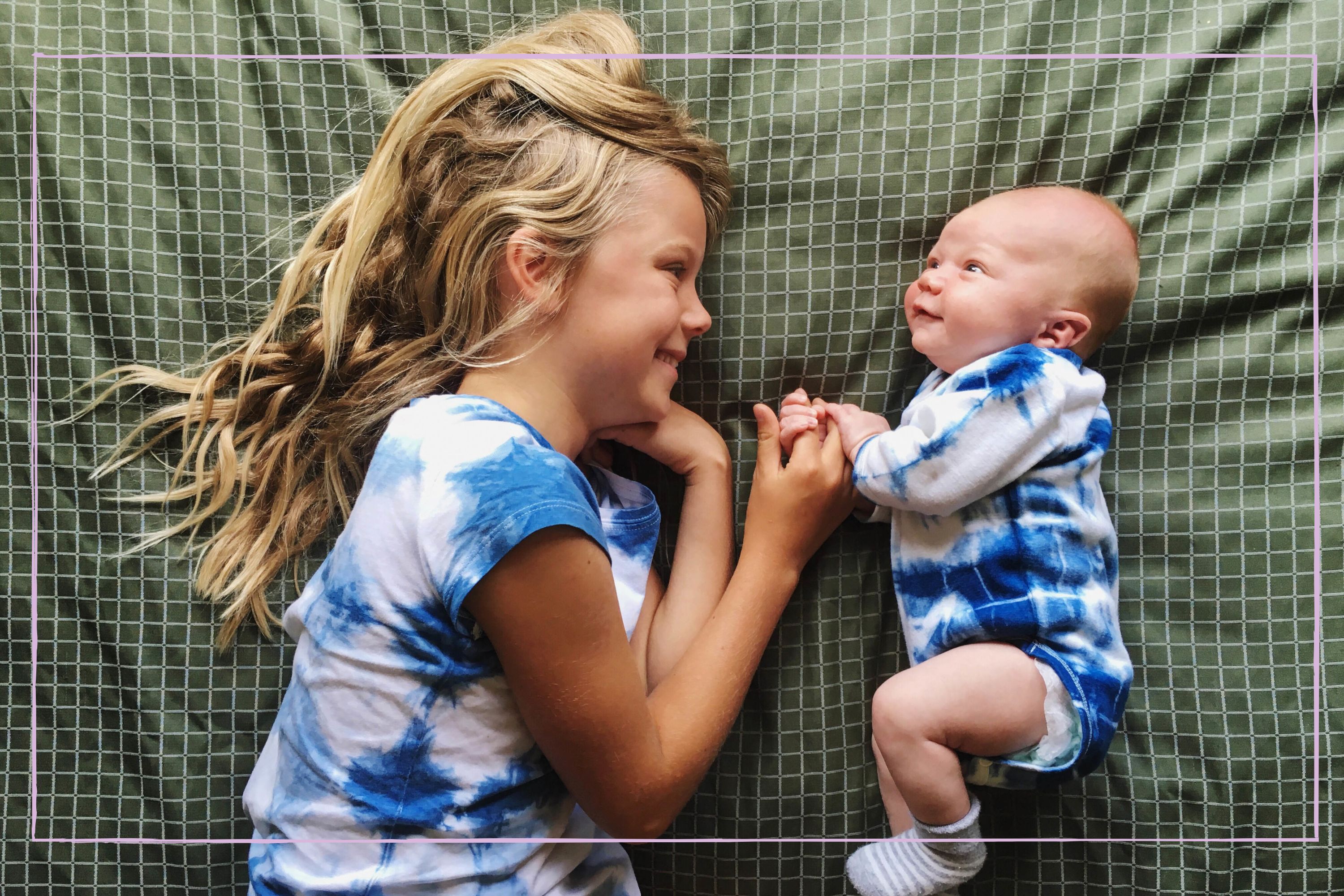Oldest siblings tend to earn more than their brothers and sisters, studies show - and now researchers think they know why
There's a surprising reason why older siblings are likely to make more money


New research has suggested the reason why older siblings are likely to earn more than their brothers and sisters - although the difference in earnings is smaller than you might think.
The sibling bond is a special one, and having brothers and sisters can really shape children's lives. In fact, research has shown that kids who fight with their siblings will fare better in life as well as the ways siblings affect a teen's mental health. And have you heard of eldest daughter syndrome? It turns out that first-born daughters really do mature quicker mentally, according to research.
It's also previously been found that older siblings are likely to grow up to earn more than their younger brothers or sisters, but it's only more recently that researchers have suggested why this might be.
Research from the National Bureau of Economic Research (NBER) has shown that older kids, on average, have slightly higher IQs than their younger siblings, while separate research from the same institution has shown they tend to do better in school. Meanwhile, a CareerBuilder survey found that older children were more likely to achieve six-figure salaries, while middle children are most likely to be in entry-level jobs.
But why does this pattern persist? Well, new research in an NBER working paper may have the answer. Apparently, it's all to do with how frequently kids fall ill, and how much siblings can influence that.
The researchers came to the conclusion by looking at all first and second children born in Denmark between 1981 and 2017, finding that sickness was the one factor that affected youngsters more than their siblings.
This could be because the firstborn child is likely to spend most of their first year at home with the parents - who are on parental leave - and have limited contact with the outside world. Meanwhile, the second sibling's first year is different, because they have an older sister or brother coming and going from an environment with many other kids. And, as any parent will tell you, small children are often bringing coughs and colds from the playground home with them.
GoodtoKnow Newsletter
Parenting advice, hot topics, best buys and family finance tips delivered straight to your inbox.
According to the study, second siblings are much more likely to end up in the hospital during the critical first months of life than older peers. The researcher say this higher risk of sickness early in life translates to less money down the road. While second siblings are no less likely to work than their older brothers or sisters, they earn less in the jobs that they do have.
"In the first year of life, second-born children have two to three times higher likelihoods for being hospitalised for a respiratory condition," Maya Rossin-Slater, an associate professor in the health policy and economics departments at Stanford University, told Fortune. It’s especially visible in the first three months of a second child’s life, and "the difference basically disappears after age one," she said.
The good news for parents is that these differences are so small. In fact, the sickest and healthiest children were separated by just under one per cent of income. Schwandt explained to Fortune that while statisticians looking at millions of kids over several decades can tease out average patterns over time, averages don’t mean much for predicting a particular individual’s success in life.
And if you are worried that your younger children are going to be negatively affected when it comes to income, remember there are so many more markers of success in life - from happiness and life satisfaction to mental wellbeing and resilience.
In related news, a toddler expert has shared her simple tip for preventing sibling rivalry and these four tips can help teach your kids to share. Elsewhere, if you think you're the favourite child you're probably wrong - a psychologist has revealed why.

Ellie is GoodtoKnow’s Family News Editor and covers all the latest trends in the parenting world - from relationship advice and baby names to wellbeing and self-care ideas for busy mums. Ellie is also an NCTJ-qualified journalist and has a distinction in MA Magazine Journalism from Nottingham Trent University and a first-class degree in Journalism from Cardiff University. Previously, Ellie has worked with BBC Good Food, The Big Issue, and the Nottingham Post, as well as freelancing as an arts and entertainment writer alongside her studies. When she’s not got her nose in a book, you’ll probably find Ellie jogging around her local park, indulging in an insta-worthy restaurant, or watching Netflix’s newest true crime documentary.